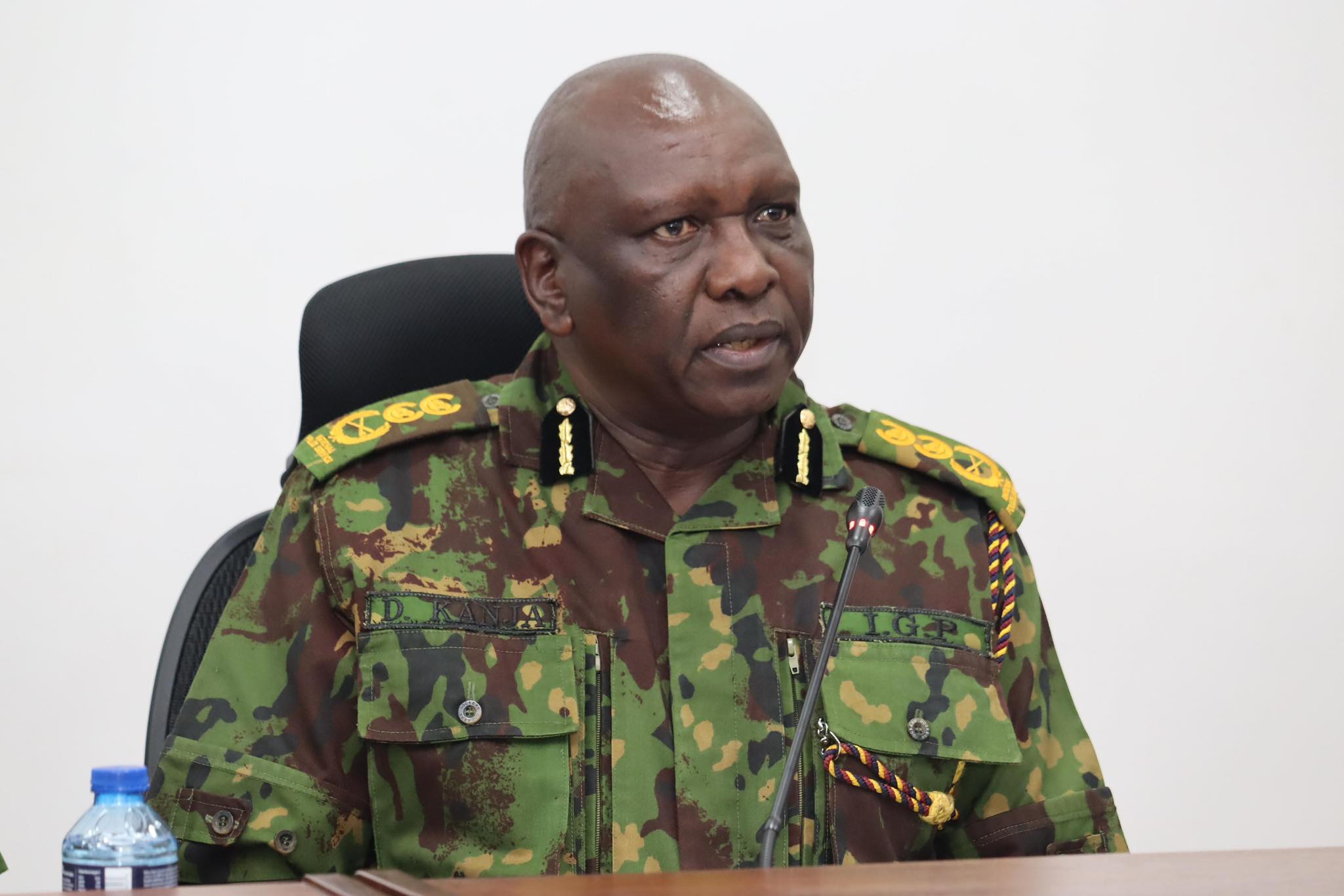MPs reject digital police recruitment over connectivity concerns

They insisted that Kenya must first address these challenges before moving recruitment online.
Lawmakers have rejected a plan by the National Police Service to introduce a fully digital system for recruiting 10,000 police officers, saying the country is not ready for such a transition.
During a meeting with Inspector General of Police Douglas Kanja and other senior officials on Tuesday, members of Parliament warned that poor internet connectivity, lack of access to smartphones, and absence of electricity in many areas would exclude thousands of qualified young people from the recruitment process.
They insisted that Kenya must first address these challenges before moving recruitment online.
MPs Rasso Dido (Saku), Francis Sigei (Sotik), and Protus Akujah (Loima) expressed strong opposition, arguing that rolling out a digital recruitment system at this time would disadvantage communities in marginalised regions.
Rasso, the vice chairperson of the committee, said the digital process would create inequality.
“As a person from the pastoralists group, I will not put my signature to this matter. I would like to know the jurisdiction you are borrowing from so that we can move digitally,” he said, adding that the cost of implementing a digital system was too high for the country at the moment.
Akujah said internet coverage remains a challenge in many areas. “Some areas in this country don’t have internet connectivity. What happens to them? Are they completely locked out? There are also areas where, apart from connectivity, the youths do not have smartphones,” he said.
Last week, the National Police Service Commission had announced it was ready to launch the new Police Recruitment System (PRS), a centralised digital platform intended to modernise the recruitment process.
The platform was designed to manage applications, shortlisting, assessments, and final appointments, with real-time data validation and accountability.
Acting commission chair Edwin Cheluget said the shift would help eliminate corruption by creating a transparent and efficient recruitment system.
The commission also said it planned to involve oversight agencies like the Ethics and Anti-Corruption Commission, the Independent Policing Oversight Authority, and the Kenya National Examinations Council in monitoring the recruitment.
Kanja defended the move to digitise recruitment, saying it would address cases of favouritism and other irregularities that had marred previous exercises.
“In previous recruitment exercises, the service faced cases of widespread reports of favouritism in recruitment that reduced public trust,” he said.
He also explained that digital tools such as biometric verification and electronic scoring would help eliminate errors and manipulation common in the manual process.
Kanja noted that the recruitment was necessary because the service had not hired in the last three years, despite losing 4,569 officers since 2022.
However, the MPs insisted that while technology could help improve transparency, the government must ensure infrastructure is in place first to prevent further marginalisation.
